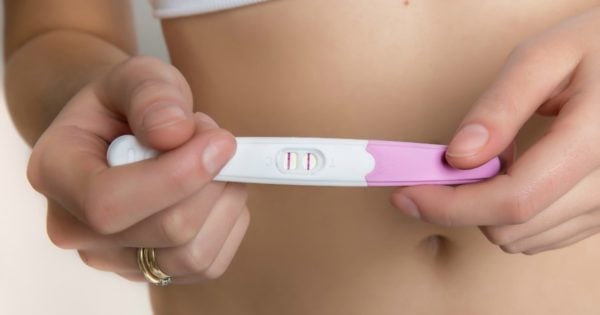A poppy seed oil, that was first used over a century ago, is helping Australian women fall pregnant, according to a leading Sydney fertility specialist.
It has also been proven to have “significant benefits” for fertility following a large study led by researchers in the Netherlands and Australia.
Lipiodol was traditionally used in medical tests to check fallopian tubes were open and it has now become a way of managing unexplained infertility.
The study has found that births were higher among women who underwent the old-fashioned Lipiodol flushing compared with those that used a water based solution in their fallopian tubes.
Dr Sonya Jessup, from Demeter Fertility, has performed Lipiodol flushing for 100 patients in conjunction with traditional IVF treatments and she says it’s getting results.
“A large number of my patients get pregnant just with that. I’ve had patients I’ve given a Lipiodol flushing to and they’re pregnant that month having not conceived for three years prior,” said Dr Jessup.
“I also do it in patients who are doing IVF and maybe have had embryos back or have endometriosis and haven’t got pregnant. I’m doing it for them at the beginning of the cycle and again, I’m seeing a lot of people getting pregnant.”
Famous women who have undergone IVF
Dr Jessup says the oil is expensive (at about $400) but she says it is “completely safe” with minimal risk and pain that is on par with menstrual cramping.
“I’ve never seen anyone have a problem with the procedure but it can cause some abdominal discomfort,” she said.





























































































